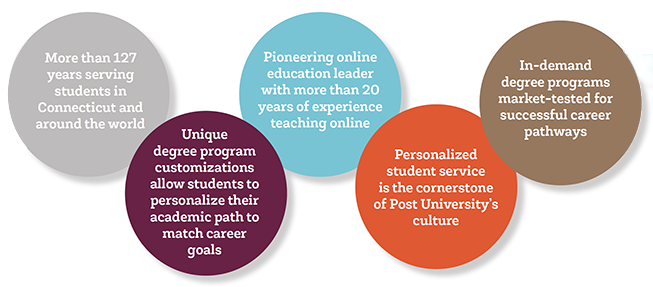
Although your parents may tell you that financing a degree in Equine Studies is really just throwing more money into your favorite hobby, the horse industry is big business in the United States. The forthcoming American Horse Council’s 2017 update to its National and State Economic Impact Studies will reflect the latest statistics, but the AHC’s 2005 study showed:
- Estimated number of horses in the U.S.: 9.2 million
- 45 of 50 states have at least 20,000 horses
- Estimated number of horses in leading horse states: Texas (1 million), California (700,000), and Florida (500,000)
- Contributions to the Gross Domestic Product (GDP): $102 billion via direct, indirect, and induced spending
- Number of Full-Time Equivalent (FTE) jobs produced: 1.4 million
The takeaway? An Equine Studies degree can open the doors to a fulfilling career, providing a high standard of living and a good return on time and tuition investment.
Reasons to be optimistic about the horse industry
Despite a dip in the equine industry that deepened further during the Great Recession, there’s reason to be very optimistic about a return to a thriving equine industry and the resulting jobs becoming available.
According to the U.S. Equine Market, 3rd Edition report from research firm Packaged Facts, Americans who own, care for, and love horses are some of the pet market’s most dedicated consumers, and most of them consider their horses to be family members:
“In the equine world, the bond between horse and owner at times goes even beyond that between other pets and their owners, in that riding a horse requires a constant physical communication between horse and rider, a connection that can foster emotional attachment in a way that simply petting a cat or dog does not,” noted David Sprinkle, research director of Packaged Facts.
What can you do with a Bachelor of Science in Equine Studies?
Horses are an integral part of American culture, and your degree may qualify you for a variety of financially and professionally rewarding job opportunities. Here are five exciting examples.
1) Equine health
Many students who obtain degrees in Equine Studies go on to veterinary school. Other options include veterinary assisting, administration, rehabilitation, product sales, horse rescue, and stable management.
2) Equestrian coaching
Choosing this concentration while pursuing your Equine Studies degree prepares you to teach horse riding techniques to pupils of all abilities. While there may have been a decline in horse-owning households over the last decade, horseback riding as an activity remains very popular, especially among millennial young adults and members of Gen X. Parents who are passionate about horseback riding share and pass on their enthusiasm for the activity to their children.
3) Equine therapy
Also referred to as “equine-assisted psychotherapy,” this area of the equine industry is experiencing growing support thanks to studies that confirm its effectiveness in improving the quality of life for individuals with physical, cognitive or emotional disabilities. After certification, you could find yourself supervising patients as they groom, feed, halter, and lead a horse — the ideal non-judgmental therapy partner. The goal is to help patients develop:
- Assertiveness
- Emotional awareness
- Accountability and responsibilitySelf-confidence and self-control
- Problem-solving skills
Equine-assisted therapy has been used to successfully treat autism spectrum disorders, mood disorders, grief/loss and trauma, and substance abuse.
4) Equine agritourism
This field offers the perfect way to combine your passion for horses with your love of travel. Facilitating a recreational experience that’s focused on the horse, equine tourism positions include guiding trail rides, or working at horse camps and dude ranches.
5) Horse event management
With thousands of equestrian events and competitions being held across the country every year, your business acumen and organizational skills can be put to good use in promoting or managing events at the state, regional, national, and international levels. Check out the HorseChannel.com’s 2015 interview with Marion Maybank, a horse show manager based out of Florida, Kentucky and Colorado. Maybank manages 13 horse shows a year and assists with another 22, “organizing everything from prize lists, vendors, awards, travel plans for officials, and much more.”
